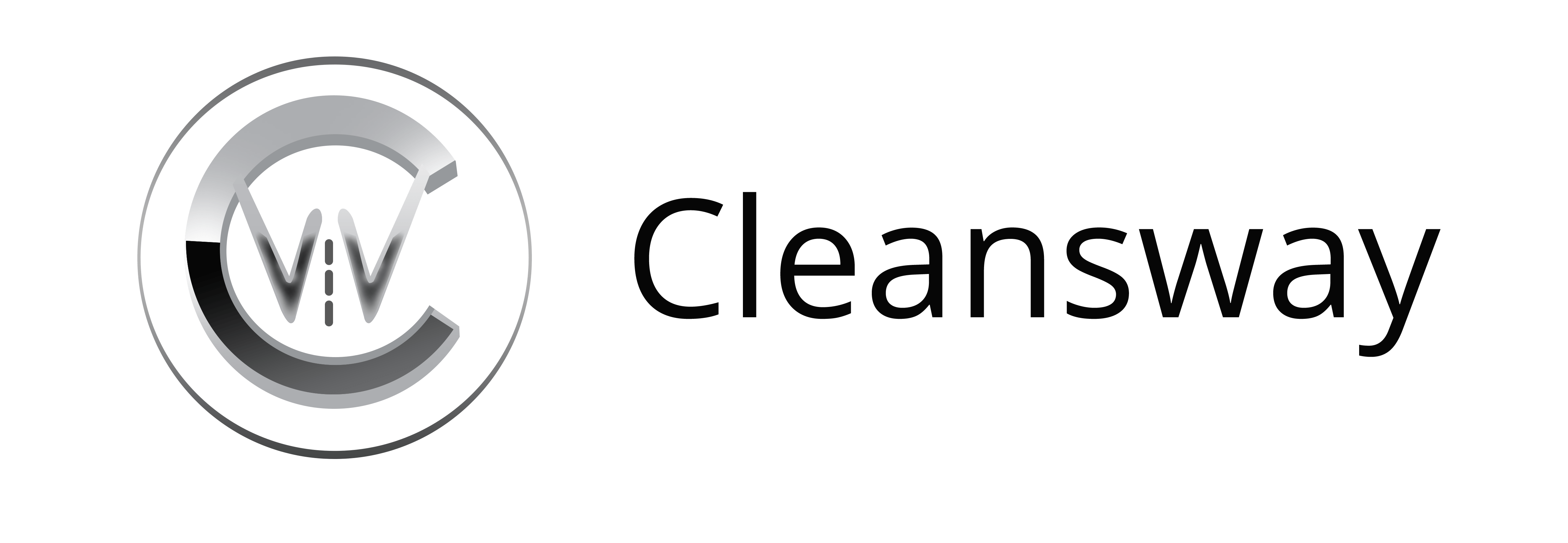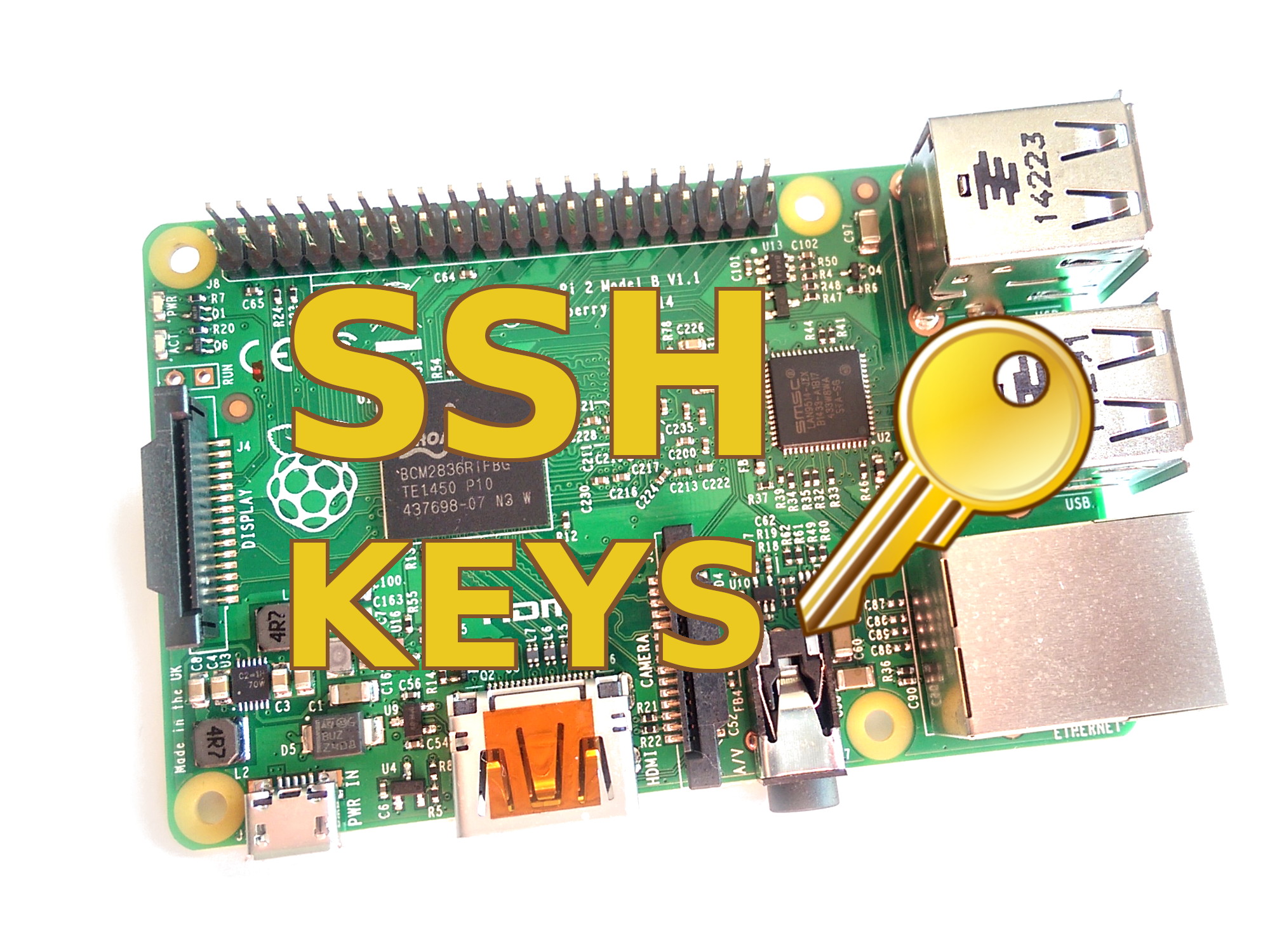In today's rapidly evolving digital landscape, the concept of RemoteIoT VPC has become a cornerstone for businesses aiming to harness the power of the Internet of Things (IoT) while maintaining robust security and scalability. As more organizations shift toward remote operations, understanding the best RemoteIoT VPC practices is essential for success. This guide will delve into everything you need to know about deploying and managing a virtual private cloud tailored for IoT applications.
RemoteIoT VPC combines the flexibility of cloud computing with the specialized requirements of IoT ecosystems. By leveraging virtual private cloud infrastructure, businesses can securely manage IoT devices, process massive amounts of data, and ensure seamless communication between devices and backend systems. This approach not only enhances operational efficiency but also strengthens cybersecurity measures.
Throughout this article, we will explore the key components of a successful RemoteIoT VPC, including its architecture, security considerations, and deployment strategies. Additionally, we will provide practical insights and expert recommendations to help you make informed decisions when implementing your IoT solutions.
Read also:Liam Payne Larry A Tale Of Music Fame And Friendship Explored
Table of Contents
- Introduction to RemoteIoT VPC
- Best RemoteIoT VPC Architecture
- Security Best Practices for RemoteIoT VPC
- Deployment Strategies for RemoteIoT VPC
- Ensuring Scalability in RemoteIoT VPC
- Cost Optimization in RemoteIoT VPC
- Essential Tools for Managing RemoteIoT VPC
- Key Benefits of Best RemoteIoT VPC
- Common Challenges in RemoteIoT VPC
- The Future of RemoteIoT VPC
- Conclusion
Introduction to RemoteIoT VPC
What is RemoteIoT VPC?
A RemoteIoT VPC refers to a virtual private cloud environment specifically designed to support IoT applications and devices. This architecture allows organizations to securely host IoT workloads, manage device communication, and process data in a controlled and scalable manner. By isolating IoT resources within a dedicated virtual network, businesses can enhance security, improve performance, and simplify management.
The demand for RemoteIoT VPC solutions has surged as companies recognize the need for a more secure and efficient way to handle IoT deployments. With the increasing number of connected devices, traditional cloud architectures often fall short in addressing the unique challenges posed by IoT ecosystems.
Best RemoteIoT VPC Architecture
Key Components of RemoteIoT VPC
Building an effective RemoteIoT VPC requires careful consideration of several key components. These include:
- Virtual Network: A dedicated virtual network that isolates IoT devices and applications from other cloud resources.
- Subnets: Logical subdivisions of the virtual network that allow for better organization and control over traffic flow.
- Gateways: Secure entry points for IoT devices to communicate with backend systems.
- Security Groups: Firewall rules that define access permissions for devices and applications.
These components work together to create a robust and secure environment for IoT deployments, ensuring that devices and data are protected from unauthorized access.
Security Best Practices for RemoteIoT VPC
Securing Your RemoteIoT VPC
Security is paramount when it comes to RemoteIoT VPC. Here are some best practices to help safeguard your IoT infrastructure:
- Implement strong authentication mechanisms for all devices and users.
- Encrypt data both in transit and at rest to prevent unauthorized access.
- Regularly update and patch software to address vulnerabilities.
- Monitor network traffic for suspicious activity using intrusion detection systems.
By adhering to these security practices, organizations can significantly reduce the risk of cyberattacks and ensure the integrity of their IoT ecosystems.
Read also:Courtney Shields Net Worth A Comprehensive Guide To Her Wealth And Career
Deployment Strategies for RemoteIoT VPC
Planning Your RemoteIoT VPC Deployment
Successful deployment of a RemoteIoT VPC requires a well-thought-out strategy. Consider the following steps:
- Assess your current IoT infrastructure and identify areas for improvement.
- Select the appropriate cloud provider based on your specific needs and budget.
- Design a scalable architecture that can accommodate future growth.
- Test your deployment thoroughly before going live to ensure everything functions as expected.
A well-executed deployment strategy can help streamline the transition to a RemoteIoT VPC and minimize potential disruptions to your operations.
Ensuring Scalability in RemoteIoT VPC
Scaling Your RemoteIoT VPC
As your IoT ecosystem grows, so too must your RemoteIoT VPC. To ensure scalability:
- Use auto-scaling features to dynamically adjust resources based on demand.
- Implement load balancing to distribute traffic evenly across servers.
- Utilize cloud-native services that can scale seamlessly with your needs.
By prioritizing scalability from the outset, you can future-proof your RemoteIoT VPC and avoid costly upgrades down the line.
Cost Optimization in RemoteIoT VPC
Managing Costs in RemoteIoT VPC
Cost management is a critical aspect of any cloud-based solution. To optimize costs in your RemoteIoT VPC:
- Monitor usage patterns and adjust resources accordingly.
- Take advantage of reserved instances or spot pricing for cost savings.
- Regularly review and eliminate unused or underutilized resources.
By adopting these cost optimization strategies, you can maximize the value of your RemoteIoT VPC investment while minimizing expenses.
Essential Tools for Managing RemoteIoT VPC
Tools to Enhance Your RemoteIoT VPC
Several tools can help streamline the management of your RemoteIoT VPC:
- Amazon IoT Core: A fully managed service for connecting and managing IoT devices.
- Azure IoT Hub: A cloud-based solution for securely communicating with IoT devices.
- Google Cloud IoT Core: A platform for ingesting and analyzing IoT data at scale.
These tools provide the necessary capabilities to effectively manage and monitor your RemoteIoT VPC, ensuring optimal performance and security.
Key Benefits of Best RemoteIoT VPC
Advantages of Using RemoteIoT VPC
Adopting a RemoteIoT VPC offers numerous benefits, including:
- Enhanced security through isolated virtual networks.
- Improved scalability to accommodate growing IoT ecosystems.
- Increased flexibility in managing IoT devices and applications.
These advantages make RemoteIoT VPC an attractive option for organizations looking to maximize the potential of their IoT deployments.
Common Challenges in RemoteIoT VPC
Overcoming Challenges in RemoteIoT VPC
While RemoteIoT VPC offers many benefits, it also presents certain challenges. Some common obstacles include:
- Complexity in setting up and configuring the virtual network.
- Ensuring compatibility with existing IoT devices and systems.
- Managing costs as the IoT ecosystem expands.
By addressing these challenges proactively, organizations can overcome potential roadblocks and fully realize the benefits of RemoteIoT VPC.
The Future of RemoteIoT VPC
Looking Ahead to the Future
As technology continues to evolve, the future of RemoteIoT VPC looks promising. Advances in artificial intelligence, machine learning, and edge computing will further enhance the capabilities of IoT ecosystems hosted in virtual private clouds. Organizations that embrace these innovations will be well-positioned to thrive in the rapidly changing digital landscape.
Conclusion
In conclusion, understanding and implementing the best RemoteIoT VPC practices is crucial for businesses seeking to leverage the full potential of IoT. By following the guidelines outlined in this article, you can create a secure, scalable, and cost-effective virtual private cloud environment tailored to your IoT needs.
We encourage you to share your thoughts and experiences in the comments section below. Additionally, feel free to explore other articles on our website for more insights into IoT and cloud computing. Together, let's build a smarter, more connected future!

